Category: Research
-
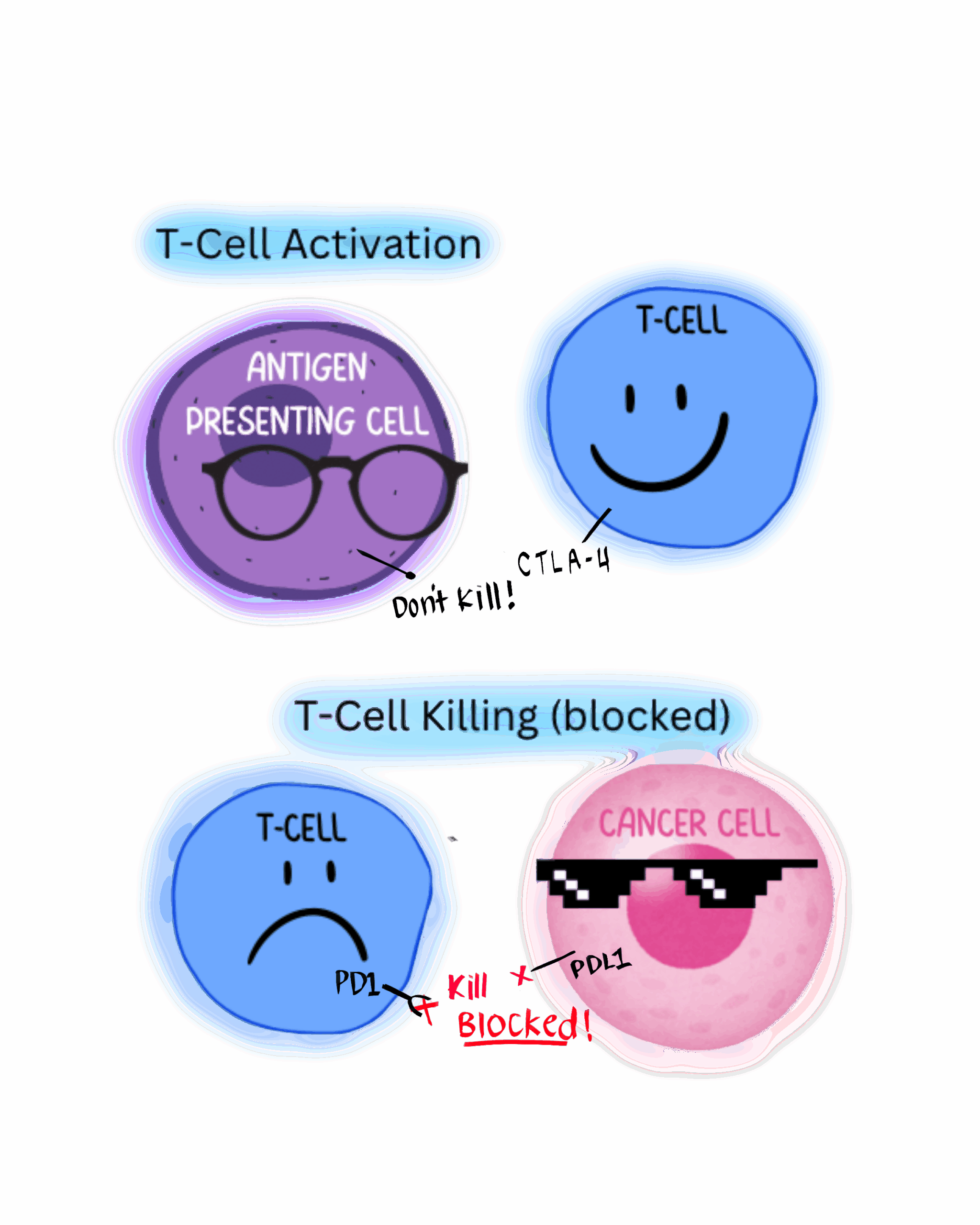
ONC-392/BNT-316(Gotistobart) – a New Promising Drug for Cancer Patients
WRITTEN BY SHUBO ZHANG ILLUSTRATED BY CHARLOTTE CHANG Glossary Abstract This review presents current literature and most recent publications on a new drug called ONC-392/BNT-316, also known as Gotistobart, a promising new treatment for cancer. Currently, there are ways to manage and treat non-small cell lung cancer (NSCLC), but due to drug resistance, cancer type,…
-

A New Synthetic Simulation of Kidney Filtration
With a focus on macromolecular purification WRITTEN BY ANTONIO ESHO ILLUSTRATED BY ANDREA ARMENDI Introduction Kidneys are the workhorse of the renal system and facilitate filtration of nutrients and waste, and maintenance of body fluid levels in the blood. Utilizing blood pressure, the kidneys squeeze water, ions, and waste materials like urea out of the…
-

The (Anti) Coagulation of Blood Through Protein Communication
WRITTEN BY JORGE LOZOYA ILLUSTRATED BY CASSANDRA CHANG Blood is vital in keeping us alive and healthy. Hemostasis, or the coagulation of blood, is one of the many ways our blood helps by thickening itself to cover injured cells and prevent infection.1 Without hemostasis, bleeding from even the smallest cut would be lethal, which is…
-

Sustainable Catalysis: Movement Away from Precious Metals in Hydrosilylation
WRITTEN BY JOSEF D. R. DANIELS ILLUSTRATED BY ANDREA ARMENDI Catalysis defines the scope of a broad range of modern synthetic techniques in molecular construction. Although each specific process differs mechanistically, catalysis is productive through its ability to lower the reaction activation energy. As a result, this effectively ‘speeds up’ the reaction and makes transformations…
-
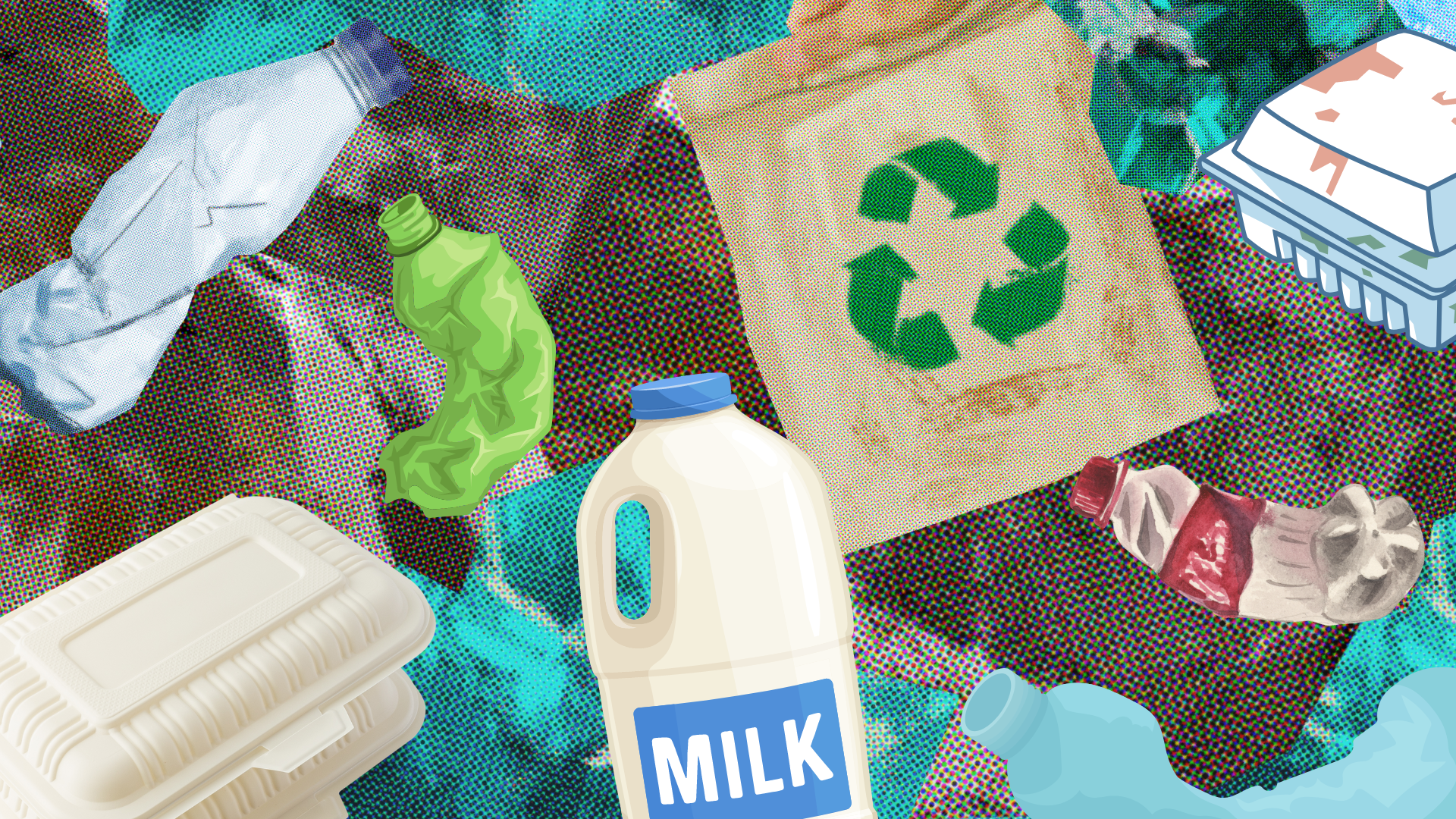
A Biochemical Approach to Plastic Waste
BY YALE HUANG As the planet buckles under the weight of its own waste, recycling has always been upheld as our last bastion of hope. “Recycle your plastic bottles!” headlines cry. “Don’t forget to reuse your utensils and sort your waste!” However, calls for individual responsibility fail to consider that an individual’s carbon footprint pales…
-
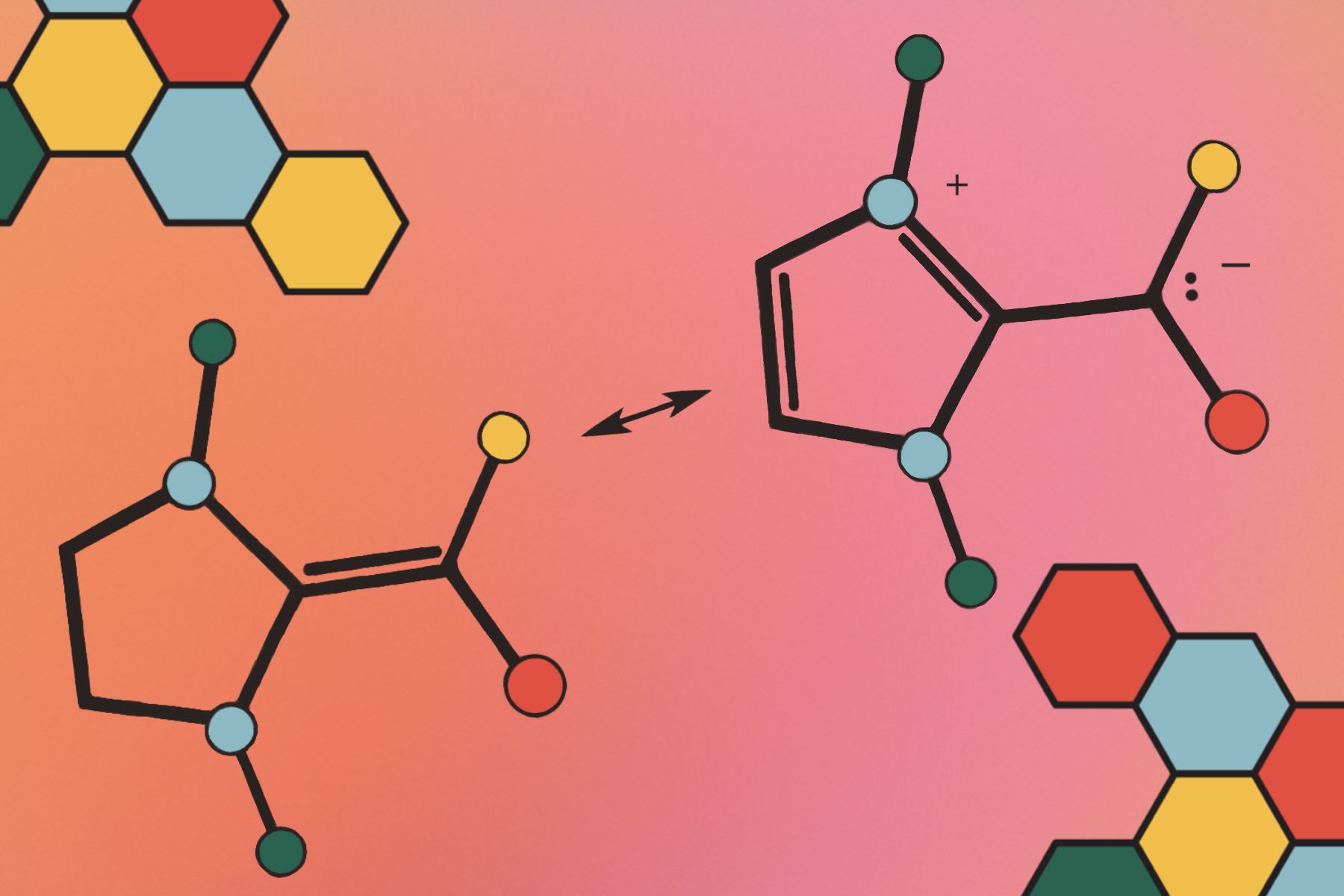
Radical Breslow Intermediates: Finding New Purpose from Carbenes
BY HAO WEI Once laboratory novelties, stable carbenes have since found widespread application in organometallics, small molecule activation, and organocatalysis.1-6 Carbenes are formally a two-coordinate, neutral carbon center featuring six valence electrons. Singlet carbenes, by far the most common isolable example, exhibit a filled σ donating and empty π accepting orbital. In this sense, carbenes…
-
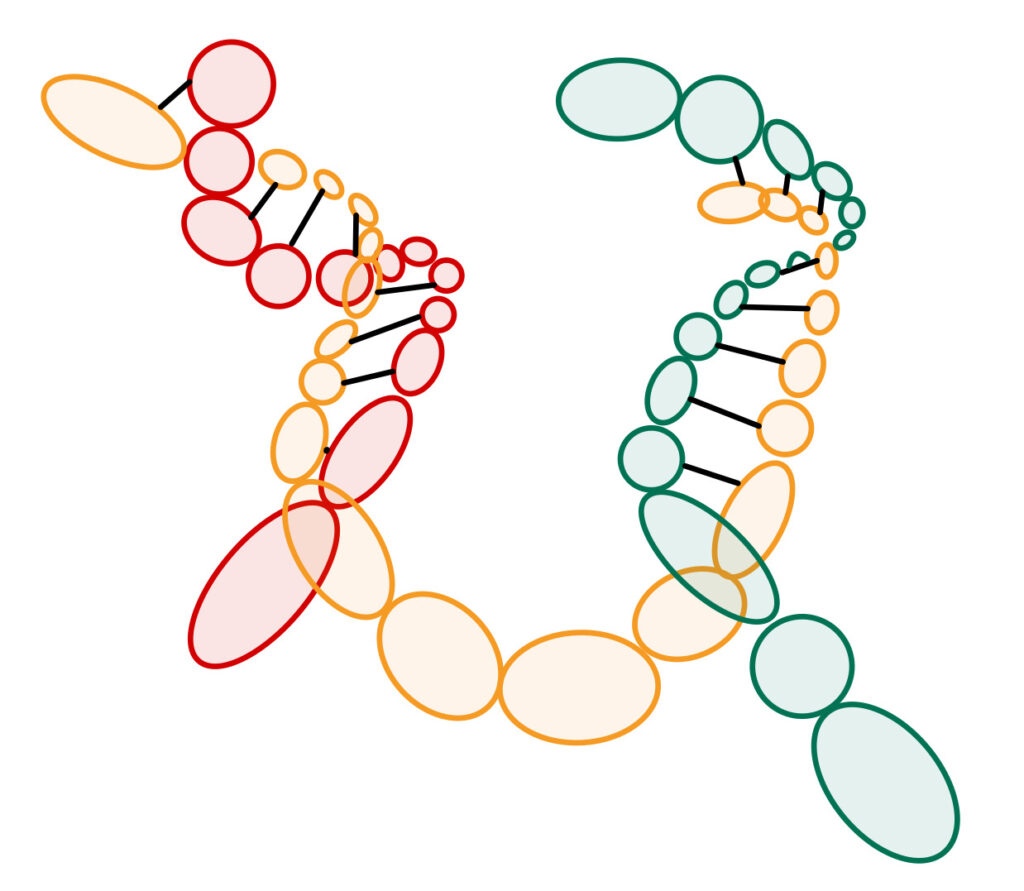
DNA Origami
BY CHRISTIAN KIM For decades, scientists have been looking for a suitable scaffold to help build tiny 3-D structures such as nanomaterials. One possible solution to this is DNA. Many of us can probably recall the characteristic double helix shape of DNA from biology class. In nature, DNA is limited to this double helix shape,…
-
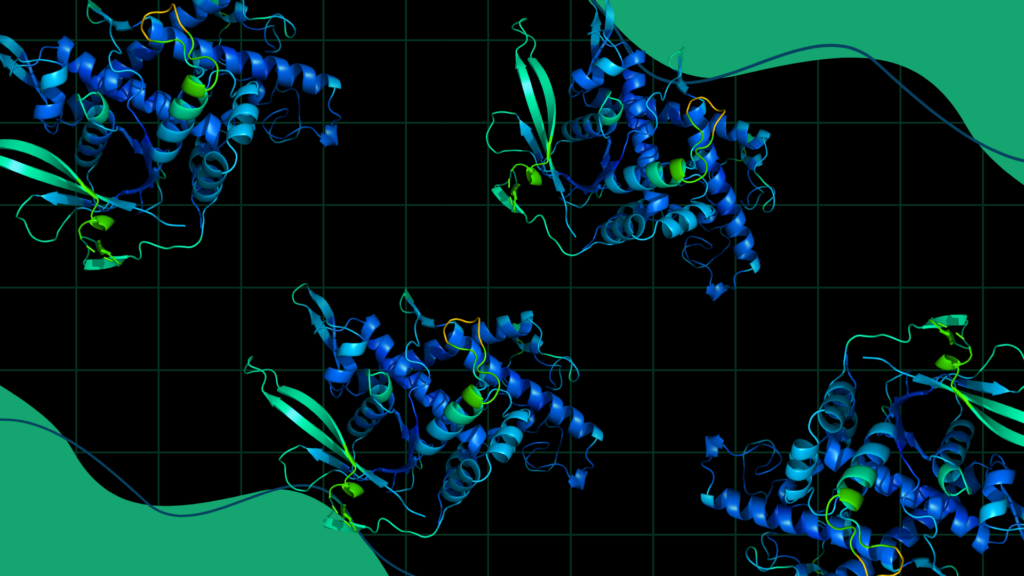
Protein Structure Prediction with AlphaFold2
BY ROBIN YU The Protein Folding Problem AlphaFold2 may be the solution to a 60 year-old problem. Around 1960, scientists were beginning to resolve the first atomic resolution protein structures, and with that came the “protein folding problem.” 1 The goal was to predict the structure of a protein purely by its amino acid sequence, and with…
-
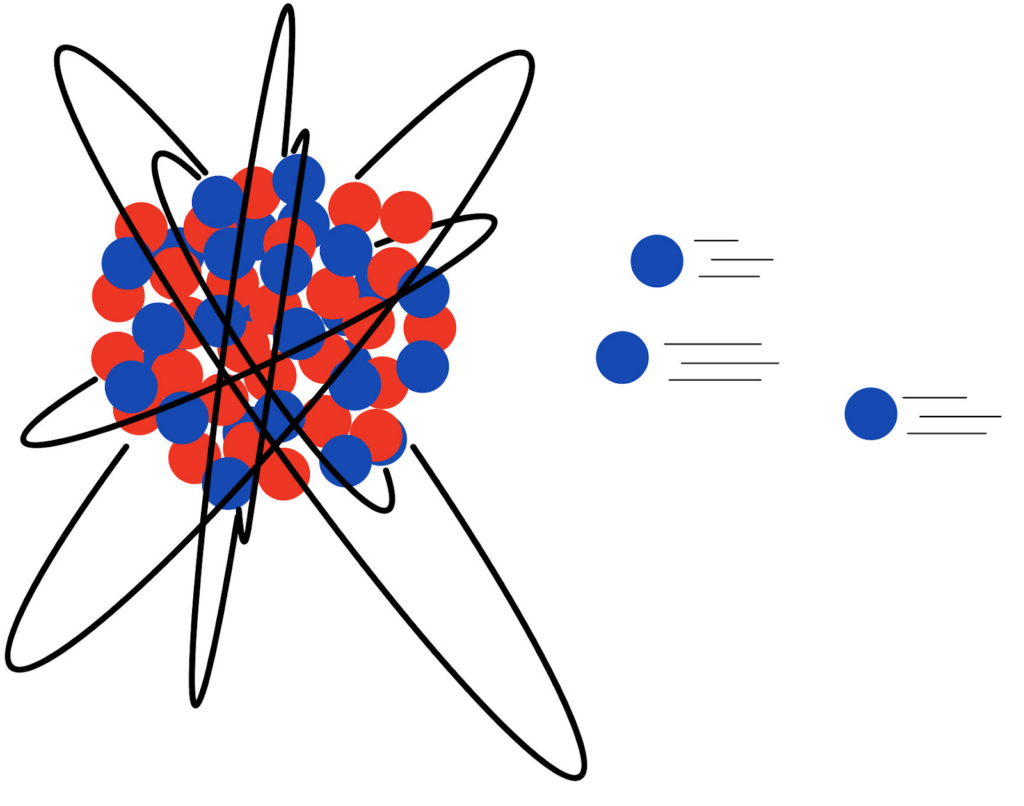
A Look at the Chemistry of Einsteinium and other Trans-Plutonium Elements
BY GORDON PEIKER When a chemist needs a chemical or compound it is usually a trivial task to walk over to the stockroom or order it online. However, when a chemist needs a sample of einsteinium, instead of going to the stockroom they must go to one of the few facilities in the world that…
-
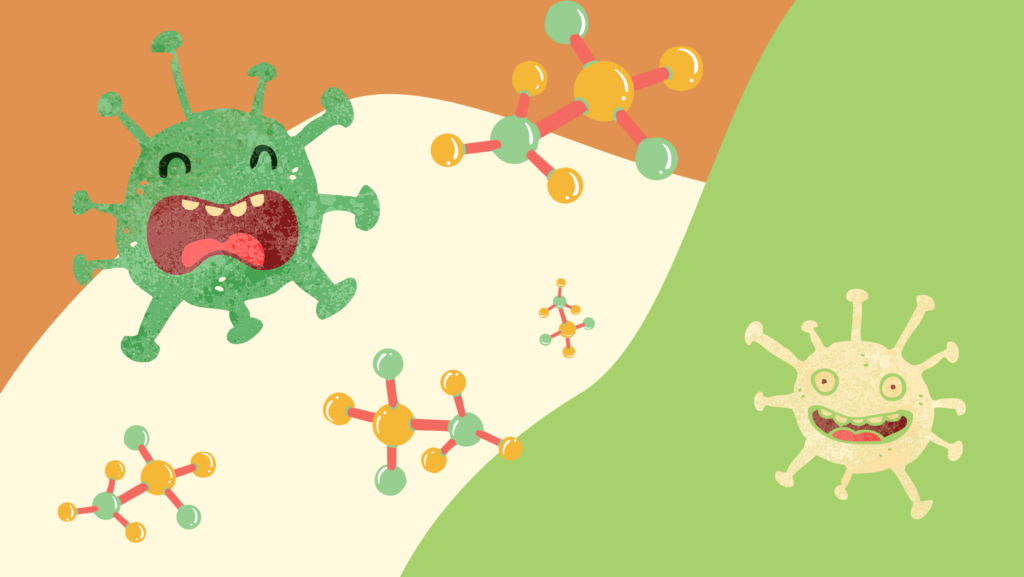
Lipid Nanoparticles, a New Direction for Genetic Vector Development
BY PATRICK TSENG The standard method for transporting genetic material into cells is through viral vectors. For example, of the two gene therapies approved by the FDA (Luxturna and Zolgensma), both of them use viral vectors1. Only recently has the mention of lipid nanoparticles surfaced due to their implementation in mRNA vaccines made by Pfizer-BioNTech…
